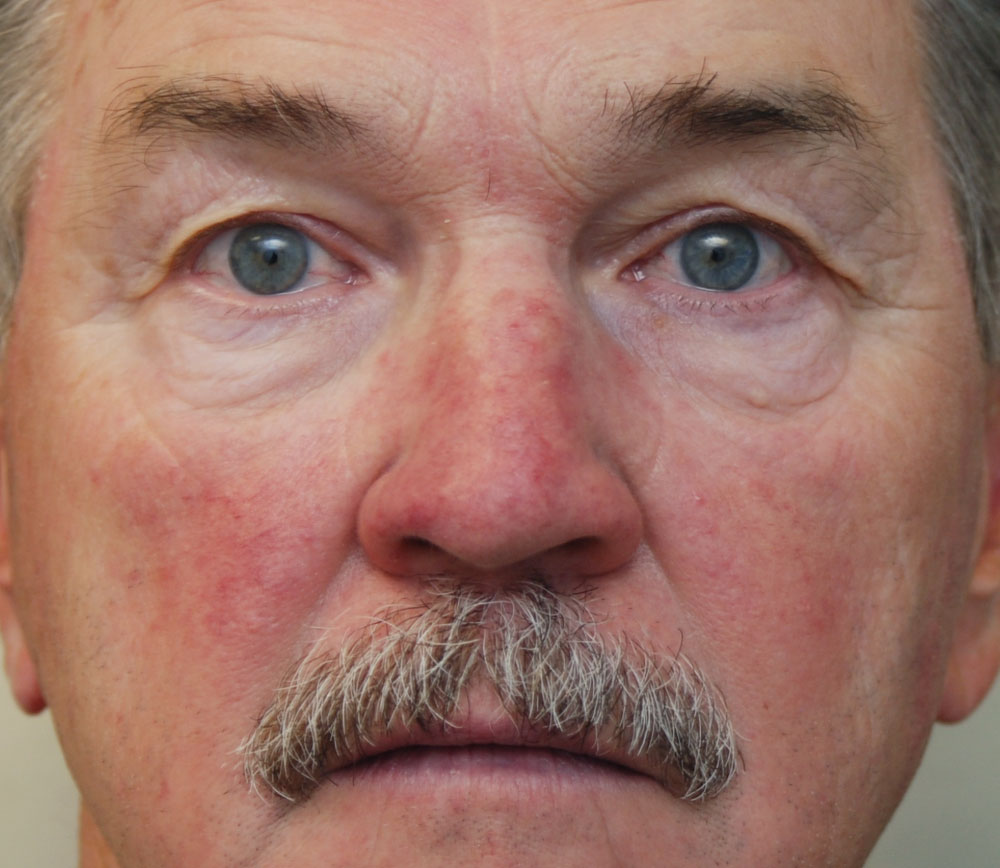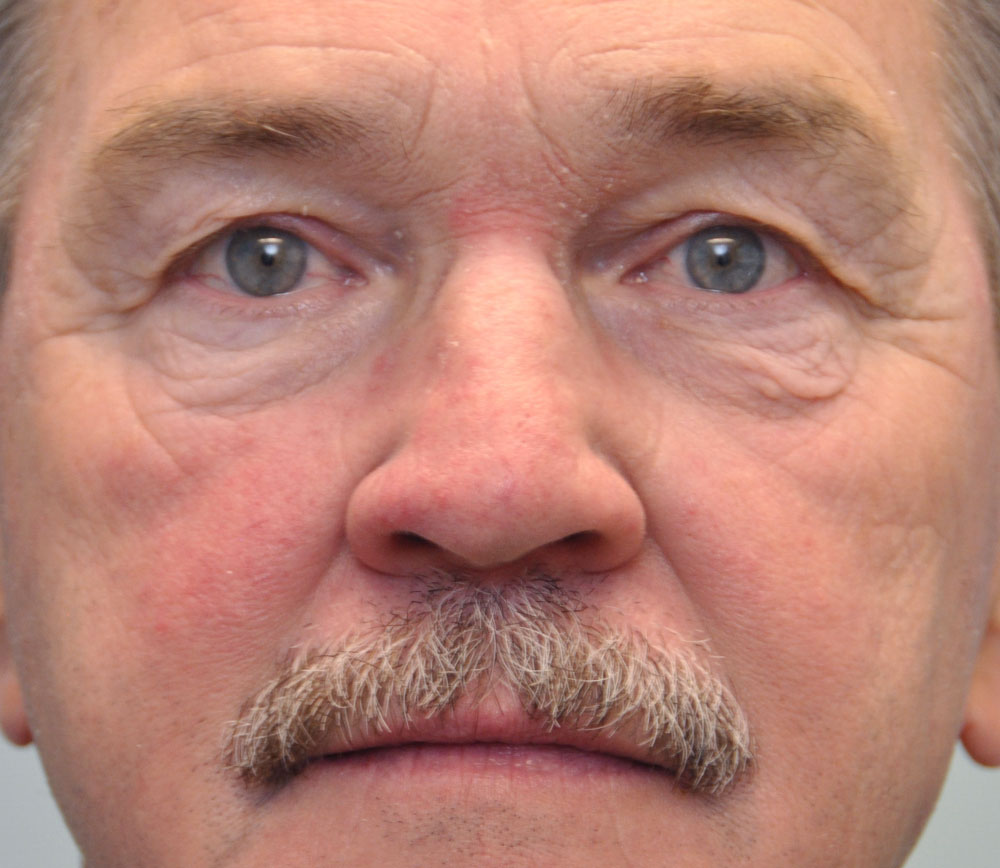Preventous Cosmetic offers you the appropriate rosacea treatment, or combination of treatments, depending on the type and the severity of your symptoms.
Very mild rosacea may not necessarily require treatment if it is not a major concern for you. In all other cases, you should talk to your physician before treating rosacea to make sure you have a proper evaluation.
Laser Rosacea Treatments
Laser treatment can provide faster and effective results. Using intense pulsed light (IPL), Vascular laser, or Laser Toning, treatments are quick and relatively painless with few, if any, side effects. Several treatments may be required for long-term results but noticeable improvement is often seen after only one treatment.
IPL Photo Rejuvenation
IPL lasers produce a large spectrum of light to clear irregular red and brown tones for flawless skin. Reduce the redness and flushing associated with rosacea with treatments as quick as 30 minutes.
Laser Genesis
The Laser Genesis treatment utilizes safe, non-invasive laser technology to reduce fine lines, diffuse redness and scars. Laser energy stimulates collagen regrowth to reduce fine lines and coagulating dilated capillaries to reduce redness, without unwanted downtime.
Excel V
Improve signs of rosacea by reducing unwanted veins and vessels anywhere on the body. Excel V is clinically proven to treat specific tones of reds, blues and purples of veins and vessels and leave surrounding skin tissues and structures untouched.
Effective Rosacea Treatments from Preventous Cosmetic Clinics in Calgary
Rosacea Skincare Products
Some rosacea symptoms can be controlled through the use of topical medications such as metronidazole or azelaic acid. For others, relief of symptoms may be obtained through cleansers, creams and moisturizers such as the medical-grade line of Vivier redness relief products.
Rosacea Prevention
You may be able to avoid time-consuming and costly treatments by simply understanding the triggers causing your symptoms. Sun and wind exposure, spicy foods and alcohol are some of the most common triggers. Avoiding or minimizing contact with your triggers may be the ideal treatment for you.
Antibiotic Rosacea Treatment
If your rosacea symptoms don’t respond to topical or laser treatments, your doctor may recommend antibiotic medicine. Tetracycline, doxycycline and minocycline are some of the oral antibiotic rosacea treatments commonly prescribed. Your physician should explain side effects and potential risks before you decide on this treatment method.
Rosacea Treatment Results*
*Remember that results vary. Your Preventous clinician will be able to help you understand what you can expect from Rosacea treatments.
 Before
Before After
After